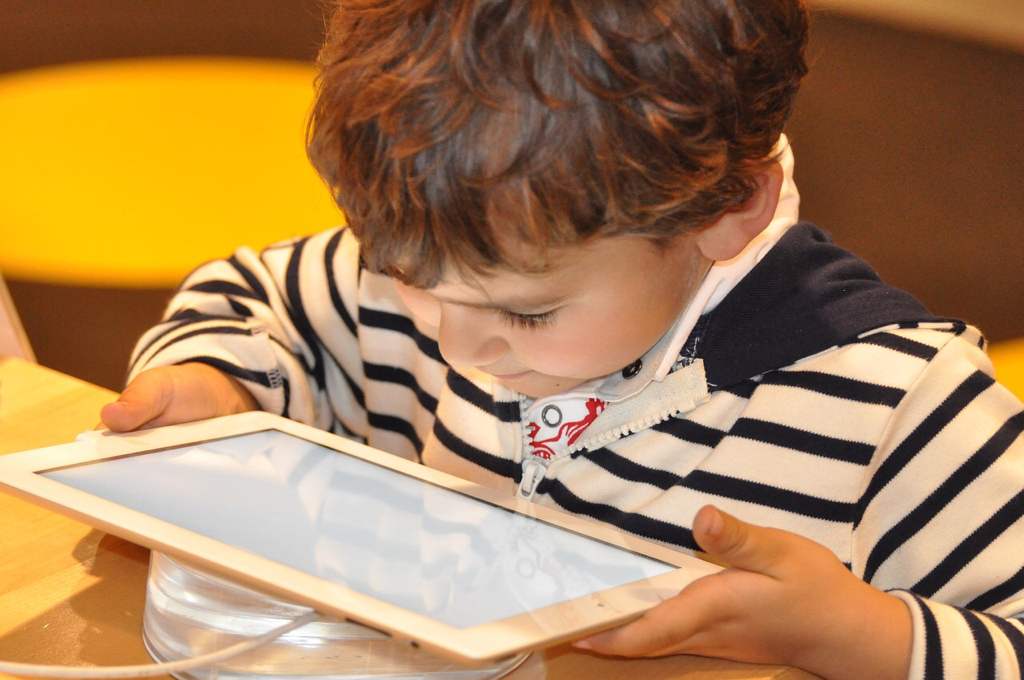Children are spending an average of seven hours a day on entertainment media, including televisions, computers, phones, and other electronic devices, as reported by the American Academy of Pediatrics. In order to help children make wise media choices, parents need to be aware of the amount and type of their media consumption. Parents are encouraged to make use of established rating systems for shows, movies, and games to avoid inappropriate content.
Studies have shown that excessive media use can lead to school difficulties, attention problems, sleep and eating disorders, and obesity. Limiting screen time and offering children the opportunity to learn via non-electronic formats such as books, newspapers, board games, or imaginative play is one crucial way for parents to help guide their children's media experience and consumption.
Infants and Toddlers
Television and other media such as electronic games on smart phones should be avoided for infants and children under the age of two. Infant and toddlers' brain development is stimulated by human interaction and placing them in an inanimate world could slow down that critical development.
Children ages 3 to 5
If your child is between the ages of 3 to 5, it is okay to allow 30 minutes of screen time per day. It is best if the 30 minutes are broken up into different chunks of time during the day. For these young children, educational programs are best. Learning at this age is done largely through imitation. Children, ages 3 to 5 years old, love repeating actions and this is important in their ability to gain mastery.
Children ages 6 to 7
At this point in a child's development, they are making large cognitive leaps and reading and writing. They are using digital media more frequently so this is the time to establish strict rules for use. Having these good boundaries around media consumption is important as is your ability as the parent to follow through.
Children ages 8 and up
Children, ages eight and up, should engage with media for no more than 1 to 2 hours per day, and that should be high-quality content. Screen time should not define a child's day. It is important for kids to spend time outdoors playing, reading, engaging in hobbies and sports, and using their imagination in free play.
As children become tweens and teens, more screen time can be allowed, parents need to continue to control the content tweens and teens are allowed to access.
The American Academy of Pediatrics recommends that parents establish "screen free zones" at home by making sure there are no televisions, computers, or video games in children's bedrooms and by turning off the TV during homework and dinner time.

